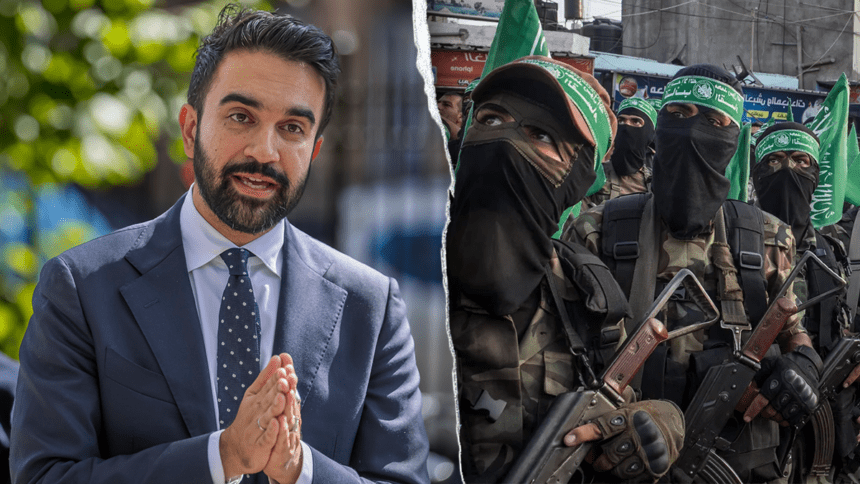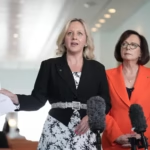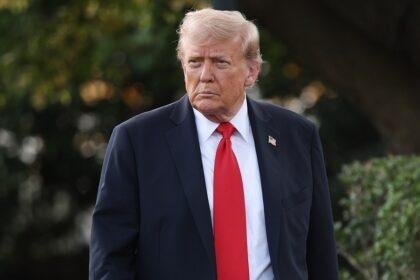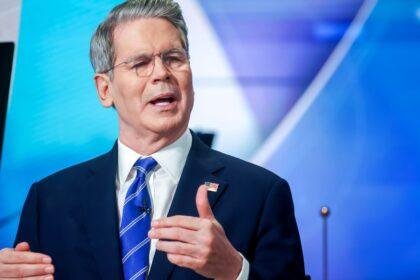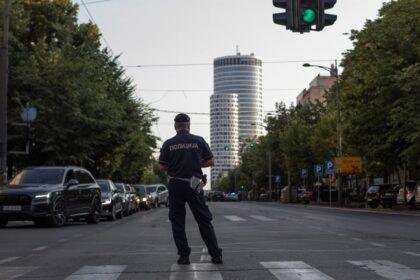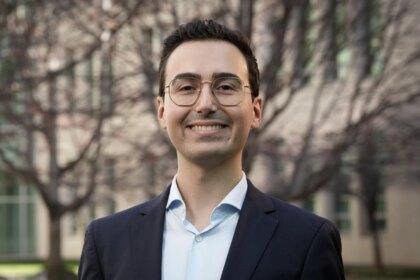Controversy Erupts as Zohran Mamdani Critiques Israel on Anniversary of Hamas Attacks
On the second anniversary of the October 7 Hamas attacks, New York City mayoral candidate Zohran Mamdani has ignited a firestorm of criticism following a social media post that condemned both Israel and the United States. His remarks, which called for an end to what he termed “occupation and apartheid,” have drawn sharp rebukes from various quarters, including the Israeli Foreign Ministry.
A Divisive Statement
In a statement released on social media, Mamdani acknowledged the tragic events of two years ago, when Hamas launched a coordinated assault that resulted in the deaths of over 1,100 Israelis and the kidnapping of 250 others. “I mourn these lives and pray for the safe return of every hostage,” he wrote, emphasizing the human cost of the conflict. However, he quickly pivoted to criticize Israel’s military actions in Gaza, claiming that the Israeli government has engaged in a “genocidal war” that has led to a death toll exceeding 67,000, with widespread destruction of homes, hospitals, and schools.
Mamdani’s comments have not gone unnoticed. The Israeli Foreign Ministry responded vehemently, accusing him of acting as a “mouthpiece for Hamas propaganda.” They stated, “By repeating Hamas’s lies, he excuses terror and normalizes antisemitism.” This reaction underscores the heightened sensitivities surrounding discussions of the Israeli-Palestinian conflict, particularly in the context of political campaigns.
Historical Context
The October 7 attacks marked a significant escalation in the long-standing Israeli-Palestinian conflict, which has roots dating back to the early 20th century. The establishment of Israel in 1948 led to a series of wars and ongoing disputes over territory, sovereignty, and human rights. The conflict has seen numerous peace efforts, yet a lasting resolution remains elusive. Mamdani’s comments reflect a growing sentiment among some progressive circles that advocate for a reevaluation of U.S. foreign policy in the region, particularly regarding military aid to Israel.
Political Ramifications
Mamdani, a 33-year-old socialist and the Democratic nominee for mayor, has faced increasing scrutiny from Jewish leaders and community advocates since securing his nomination. His hesitance to unequivocally condemn the phrase “globalize the intifada” has raised alarms among many who fear that his election could lead to a mass exodus of Jewish residents from New York City. Yuval David, a Jewish activist, warned, “If Zohran Mamdani is elected, expect a Jewish exodus out of New York City.”
In a closed-door meeting with business leaders, Mamdani reportedly stated that he would discourage the use of the controversial slogan, which calls for global solidarity with Palestinian uprisings. However, his previous reluctance to denounce it has left many skeptical of his commitment to fostering a safe and inclusive environment for all New Yorkers.
The Broader Debate
Mamdani’s statements have sparked a broader debate about the role of language in political discourse, particularly regarding sensitive issues like the Israeli-Palestinian conflict. In an interview with “Meet the Press,” he defended his position, arguing that policing language could lead to a slippery slope of censorship. “My concern is to start to walk down the line of language and making clear what language I believe is permissible or impermissible,” he stated.
This perspective resonates with a segment of the electorate that values free speech and open dialogue. However, it also raises questions about accountability and the potential consequences of inflammatory rhetoric. Critics argue that such language can incite violence and deepen divisions within communities.
Community Reactions
The backlash against Mamdani’s comments has been swift and multifaceted. Advocacy groups like Canary Mission have criticized him for what they perceive as a lack of genuine condemnation for the Hamas attacks, suggesting that he reserves more vitriol for Israel than for the perpetrators of violence. This sentiment reflects a broader concern among Jewish communities about rising antisemitism and the potential for political figures to exacerbate tensions.
Mamdani’s campaign has not yet issued a formal response to the Israeli Foreign Ministry’s statements, leaving many to speculate about how he will navigate this contentious issue as the election approaches. The upcoming mayoral race is poised to be one of the most closely watched in recent history, with implications that extend beyond New York City.
Conclusion
As the political landscape in New York City continues to evolve, Zohran Mamdani’s comments on the anniversary of the October 7 attacks have opened a Pandora’s box of discussions about the Israeli-Palestinian conflict, free speech, and the responsibilities of public figures. With the election looming, how Mamdani addresses these criticisms may significantly impact his campaign and the broader discourse surrounding one of the most contentious issues of our time. The stakes are high, not just for Mamdani, but for the diverse communities that call New York City home.




